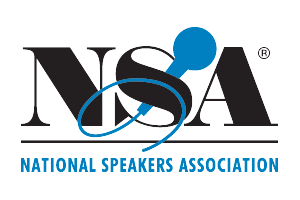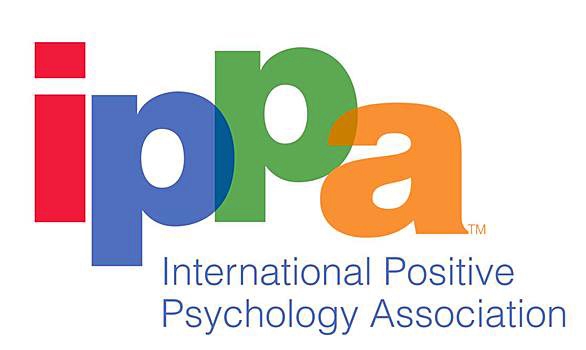Lessons from L.E.A.P.
…or How to Get Free Upgrades through Conscious Communication
Usually my work keeps me traveling much of the time, accruing lots of travel miles and a few hotel perks. At the same time I often run into travel troubles, which is exactly what happened a week ago when my flight was six and a half hours late and my connection was a lost cause. I mention this because I’m often amazed at how many surprising things can occur when we strategize what we’re going to say, in other words use conscious communication.
Here’s what happened. First, the excruciatingly painful part of my six and a half hour delay was that the airlines didn’t tell us to come back in six and a half hours and get on the plane. They were fickle and kept changing the departure time every few minutes, sometimes moving it closer and sometimes moving it farther away. And during one particularly challenging time-change the poor agent explained the airlines had moved the departure four times in the last five minutes. My flight was a lost cause, and the flight scheduled to leave after me was getting ready to board. A whole plane-load of people without a plane (some I’m sure with a higher designation on their tickets than me) were clamoring for attention and trying to get on the earlier flight when I went up to the agent using the L.E.A.P. acronym to get information. After the flight was boarded the agent announced standby’s, called my name and then told everyone else there was no more room; I was the only standby getting on the plane. Luck or smart communication?
Then there was the time I upgraded to first class by using the same formula. While waiting three hours at the gate to get my seat assignment, I kept coming up to the agent who was always busy and couldn’t talk to me. After the third or fourth attempt he gave me my seat assignment in coach, where I always travel unfortunately. When we were boarding and I handed him my ticket I commented that he probably remembered me because I had been up so many times. He looked up, gave me a seat in first class and hugged me (I’m not making this up) and said something about how gracious I’d been.
When we consciously strategize what we are going to say rather than acting on emotion we stand a good chance of getting what we need, or at the very least we have communicated effectively and planted the seeds for future interactions.
Here is the shortened version of L.E.A.P., and why it’s a smart tool to use:
L: Listen to understand what is really going on, not what appears to be happening. All of us know this but often we’re too busy to take the time to pay attention. Be curious and watch for non-verbal cues; they are always telling. In fact it was Ralph Waldo Emerson who said “What you do speaks so loud I cannot hear what you say.”
E: Empathize. It’s difficult to really communicate if you can’t understand what the other person is feeling. Empathetic communication sounds like, “I’m guessing that must be really annoying, did they change the meeting time again?” Don’t assume but respond to what you feel the emotion is, which is what I did when I was upgraded to first class. I said something like, “Looks like you’ve really got a lot of things going on right now, that must be frustrating.” It was a pretty simple thing to say, but I was responding to his frustrations. People like and need to be heard and understood.
A: Ask questions. Is there anything easier than genuinely asking for more information? People almost always respond and it gives us more information to strategize how we want to answer.
P: Paraphrase what the other person said. We all love to hear our own words, and it leads to clarity every single time.
Of course this L.E.A.P. strategy works equally well in getting a management team to hear what needs to be done or changing the mind of a manager or business colleague who has been recalcitrant and unwilling to hear your side of the story. George Bernard Shaw said the biggest problem with communication is the illusion it has taken place. Yet when we consciously work on understanding instead of assuming we become part of the elite few who can communicate with anyone. The benefits of conscious communication are endless and enable us to actually understand those we’re speaking to, which can be a rare occurrence in this fast-paced world of ours.


